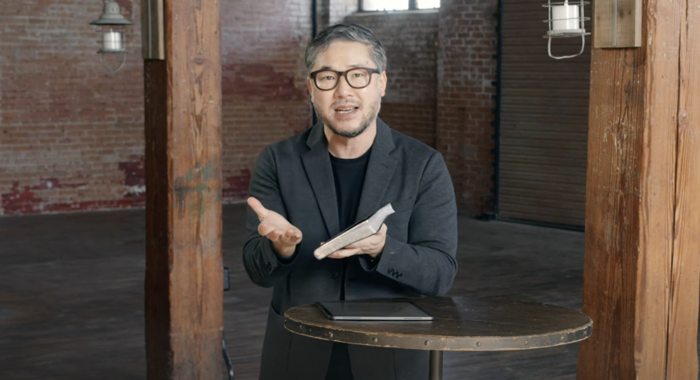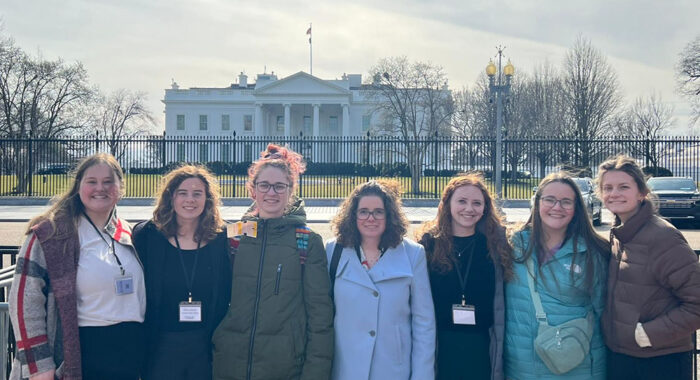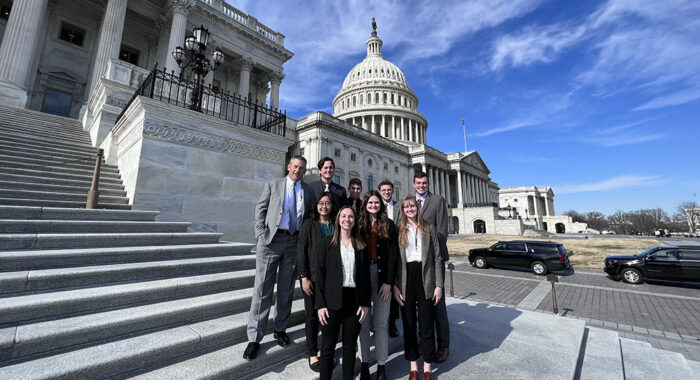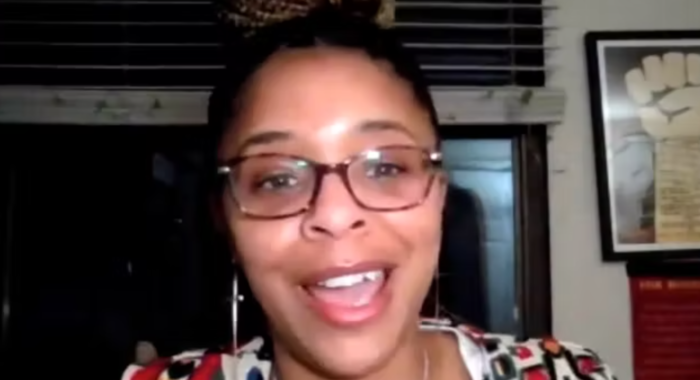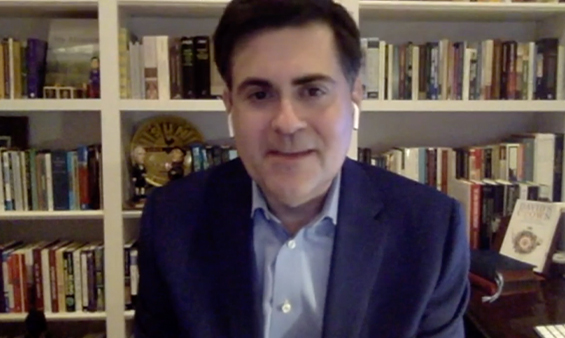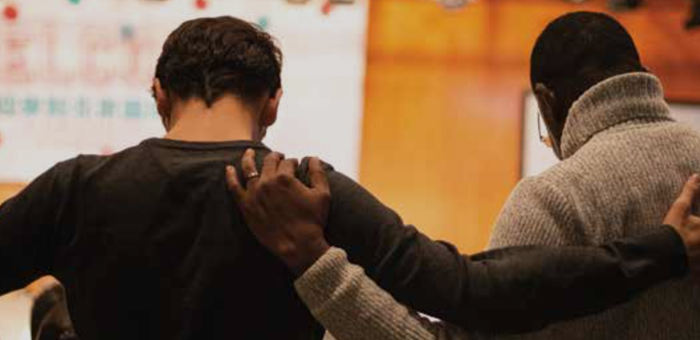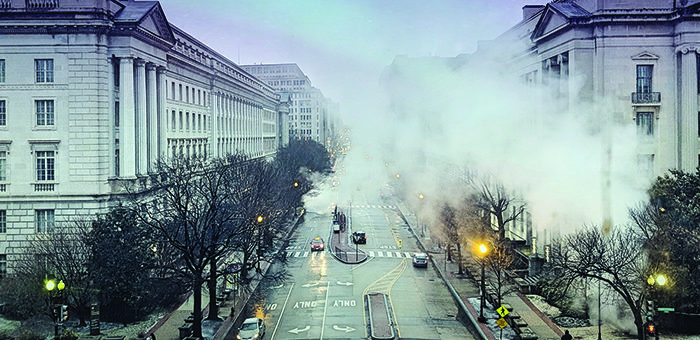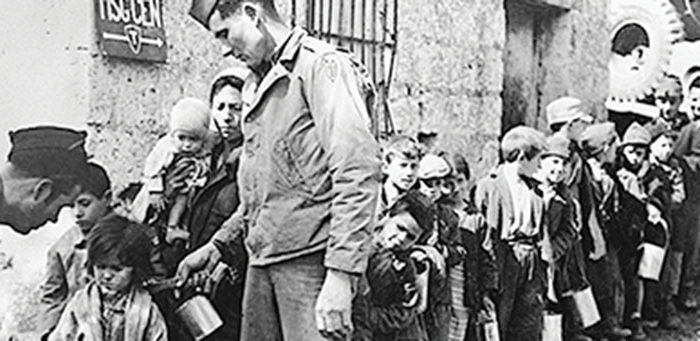Craig DeRoche serves as senior vice president for advocacy and public policy at Prison Fellowship, the nation’s largest prison ministry. He leads the organization’s efforts to advance restorative criminal justice reform at the state and federal levels. DeRoche previously served as speaker of the Michigan House of Representatives. He is author of “Highly Functional: A Collision of Addiction, Justice and Grace.” DeRoche earned a B.S. in finance from Central Michigan University, and is a graduate of the Michigan Political Leadership Program at Michigan State University.

Something changed on my way to the state legislature though. God had a bigger plan — a plan that mattered to the 300 residents who helped craft the town’s vision statement. They were being disregarded by the current city council. They wanted a champion, and I reluctantly volunteered to serve.
There was a big lawsuit that certainly would have bankrupted the city if it wasn’t resolved, and God put me in a position to help see that through. More importantly God measured my steps and reminded me each day that I was in the position to serve others, and not myself.
If you are considering running for a seat in your state legislature or Congress, you may think local politics is something you’d rather skip. Or perhaps you don’t see yourself serving in any political office but prefer to focus your advocacy solely on national politics. I urge you to reconsider.
Being on a city council or school board is far more difficult politically than serving as a governor or senator. It’s harder work, more personal, and there is no national television coverage to revel in. People know who you are and where you live, and they will come talk to you in your office hours and open meetings.
Advocacy on the local level directly impacts you and your neighbors. Caring about local advocacy shows a deep concern for the “least of these” right in your backyard. Since local leaders often serve as feeders into state and national politics, your local vote could have greater impact than you know. If you don’t like the tone and tenor of national politicians, consider rallying behind candidates of character and civility on the local level who may someday become your state and national representatives.
There is no more direct impact you can have on the lives of your fellow man than in your service locally. It is a chance for you to put the Light that is Jesus in the town square to attract others to him.
Even if you never hold elected office, our neighborhoods desperately need engaged voters who will apply the command to love our neighbors to the laws and policies that get enacted in all areas of public life. For the last 30 years, for example, everyday activists have helped Prison Fellowship stand for criminal justice reforms that reflect the dignity of each person held in their nearest correctional facility, and help restore
the 650,000 people who are released to local communities each year.
And who knows what comes next if you get involved in your local politics? After losing my first run for state representative and spending a few years building relationships locally, I never had another serious challenger run against me my entire political career. I went on to be elected to the Michigan House on God’s time without a primary or general election opponent and was elected speaker of the House unanimously just two years later at age 34.
None of this would have happened if I stayed on “my” path instead of God’s. I’d have never been any good at helping people in my state if I hadn’t learned how to help my neighbors first. The same goes for advocacy.
Serving on a city council and engaging in local politics puts one’s Christian values of loving your neighbor on display in a unique and powerful way. It also provides valuable experience for greater reach — whether that’s on a state, national or global level.
This article originally appeared in Evangelicals magazine.



 View All Articles
View All Articles 





